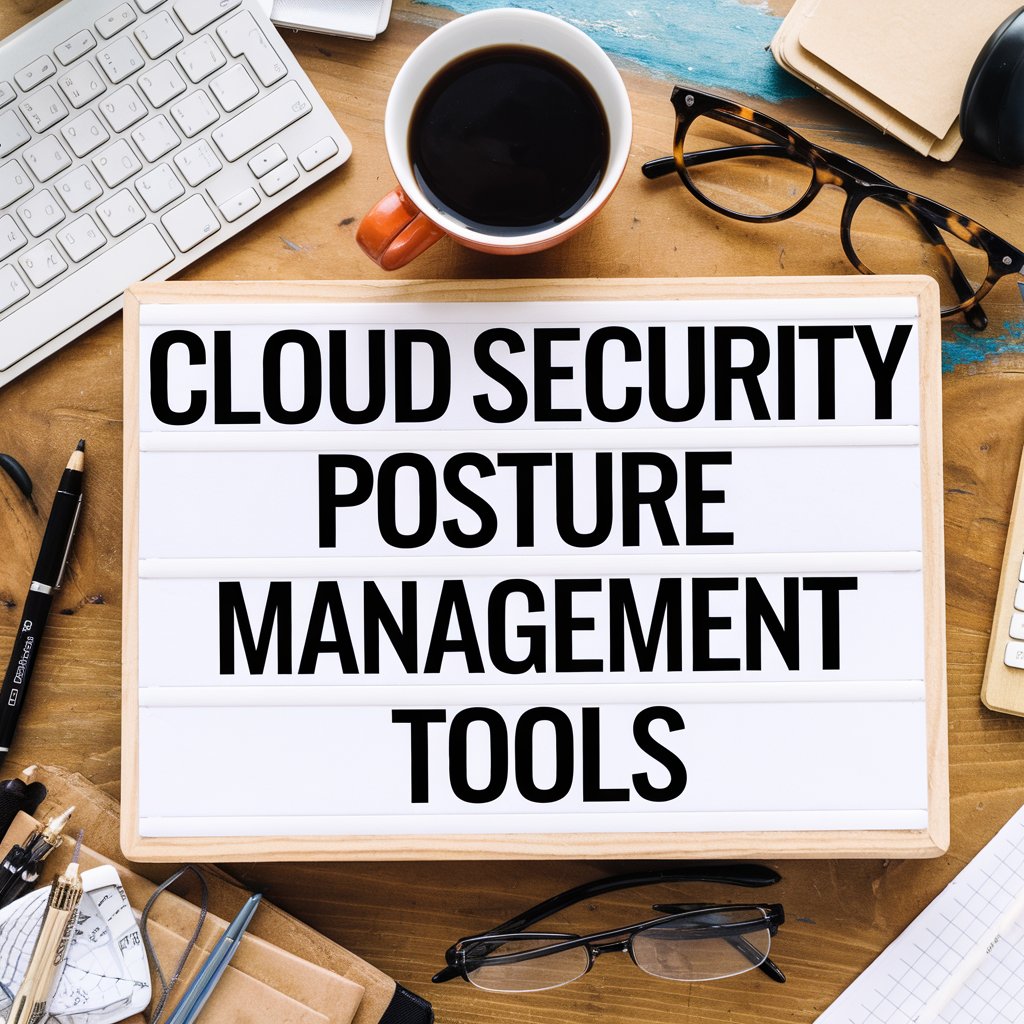Property management is evolving from routine administrative tasks into a strategic pillar that drives innovation and enhances profitability in the real estate sector. The days when property management only referred to collecting rent and handling tenant complaints are long behind us. Today, it is a powerhouse of efficiency, sustainability, and technological advancement.
This post explores six powerful ways in which property management is shaping the future of real estate. By tapping into trends like technology, sustainability, and changing tenant expectations, property managers are redefining the industry’s playbook.
1. The Rise of Smart Property Management Technology
Technology is rapidly transforming property management into a data-driven practice. Property managers now have access to smart tools that streamline tasks, reduce errors, and enhance the overall landlord-tenant relationship.
Key Examples
- AI-Powered CRM Tools: Equipped with powerful artificial intelligence, platforms like Buildium and AppFolio allow managers to handle thousands of tenant inquiries at scale. AI chatbots, payment automation, and tenant screening are just a few capabilities making property management more efficient.
- Property Maintenance Software: Predictive maintenance technologies are helping managers fix issues before they even arise. Sensors can detect a faulty HVAC unit or a leaking pipe, ensuring repairs happen proactively.
Technological Outcome
These innovations eliminate inefficiencies to save time and resources. Additionally, tenants benefit from faster services, which improves satisfaction and retention.
2. Sustainability is No Longer Optional
Green building practices and eco-friendly property management are no longer niche considerations; they are mainstream. Rising demand for sustainable living solutions is pressuring property developers and managers to adopt energy-efficient solutions.
Actions Property Managers are Taking
- Green Infrastructure: LEED-certified buildings, solar panels, energy-efficient windows, and insulation systems are setting new standards.
- Eco-Conscious Tenant Programs: Some properties offer tenants incentives for behaviors like recycling, carpooling, or reducing energy consumption.
Why It Matters
Adopting sustainability measures not only lowers operational costs but also attracts eco-conscious tenants willing to pay premiums for greener buildings. Research even shows that sustainable properties boast higher tenant retention and perform better in resale value.
3. Enhanced Focus on Tenant Experiences
The way tenants view their living and commercial spaces is shifting. It’s no longer just about shelter or office square footage; tenants demand integrated experiences that blend comfort, convenience, and connectivity.
Strategies Revolutionizing Tenant Relationships
- Community-Building Initiatives: Managers and landlords now invest in social spaces, communal activities, and tenant networking events to foster community spirit.
- Customizable Amenities: Offering tailored amenities such as co-working spaces, gyms, or daycare centers caters to the modern tenant’s evolving needs.
- 24/7 Portals: Mobile apps and web portals allow users to log complaints, pay rent, and access community updates instantly.
The big takeaway here? Happy tenants are long-term tenants.
4. A Data-Driven Approach to Decision-Making
Data-driven insights are revolutionizing property management strategies. By collecting and analyzing tenant patterns, property managers can create more personalized services and optimize occupancy.
Top Uses of Data Analytics in Property Management
- Improved Rent Pricing: Data tools such as Yardi Matrix analyze your area’s market trends to set competitive rental pricing, avoiding overcharging or undercharging potential tenants.
- Portfolio Management: By using analytics, managers can visualize which properties are driving revenue and which ones are underperforming.
- Tenant Preferences: Tracking tenant behavior (e.g., what amenities are most used) improves decision-making for future property upgrades.
5. Redefining Space Utilization
Urban density and hybrid working models are driving a rethink of space utilization. Property managers increasingly need to adopt flexible approaches in leasing and space management to maximize their properties’ potential.
Innovation in Commercial and Residential Settings
- Flexible Lease Terms: Long-term leases are giving way to shorter, flexible lease agreements catering to remote workers.
- Shared Spaces: Co-working zones, meeting rooms, and common areas are being added in both residential and commercial properties to meet diverse tenant demands.
- Repurposing Vacant Units: Converting empty office spaces and retail shops into apartments or multi-use spaces addresses evolving market needs efficiently.
6. Leveraging the Gig Economy
Another meaningful trend in property management is relying on the gig economy to fill operational gaps. Instead of hiring full-time staff for maintenance or administrative tasks, property managers are turning to on-demand contractors.
Why the Gig Economy Works
- Savings on Labor Costs: By paying for services only when they are needed, property managers can save significantly on overhead.
- Specialized Expertise: Contractors bring niche skills, like HVAC servicing or plumbing, ensuring high-quality work.
- Scalable Operations: Whether you’re running a few properties or a multi-complex portfolio, the gig model adapts to your needs flexibly.
Gig workers and tech platforms like TaskRabbit have grown into essential tools for property managers, balancing cost-saving measures with premium service.
The Future of Property Management
The role of managing real estate has evolved dramatically in recent years. Modern Property Management is now a driving force behind smarter, more sustainable, and people-centric living and working environments. It goes far beyond routine maintenance, encompassing everything from AI-driven analytics and energy-efficient systems to flexible space planning and tenant engagement strategies. Today’s property managers are innovators, responsible for balancing operational efficiency with human experience.
For landlords and real estate investors, keeping pace with these advancements is no longer optional. Embracing modern tools, sustainable building standards, and tenant-first philosophies isn’t just about staying relevant—it’s about future-proofing your portfolio in an increasingly competitive and dynamic market.
If you’re in real estate and eager to keep up with these property management transformations, be sure to subscribe to our newsletter for updates on the latest tools and practices redefining the industry.




